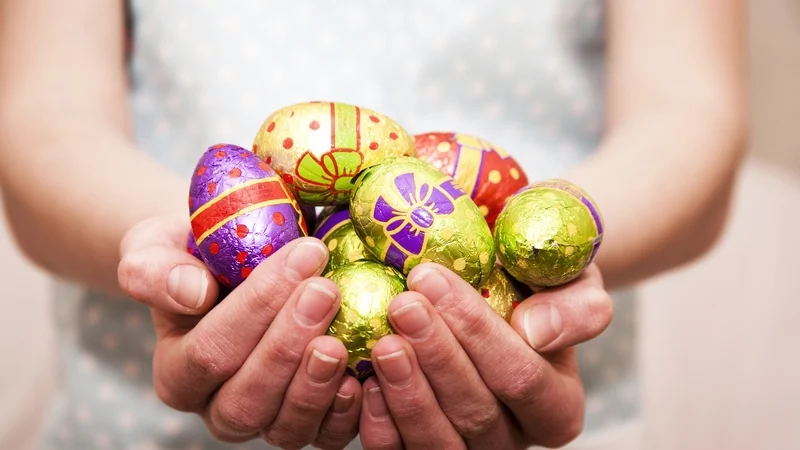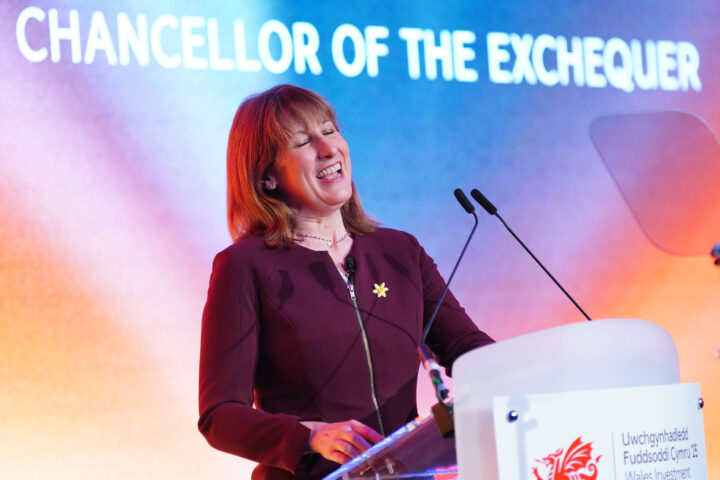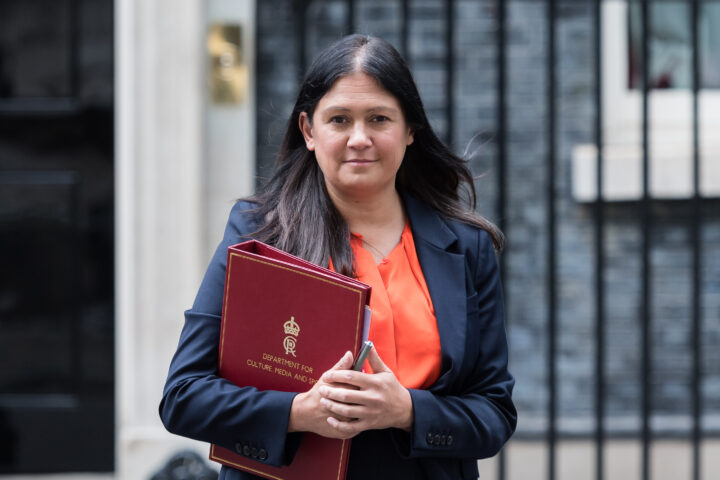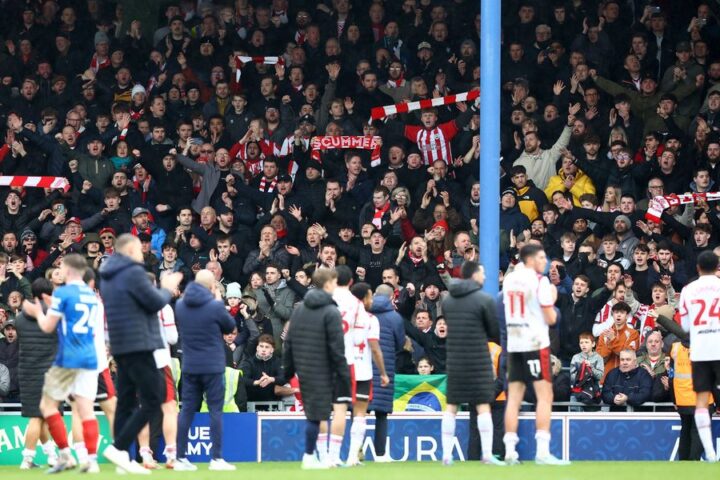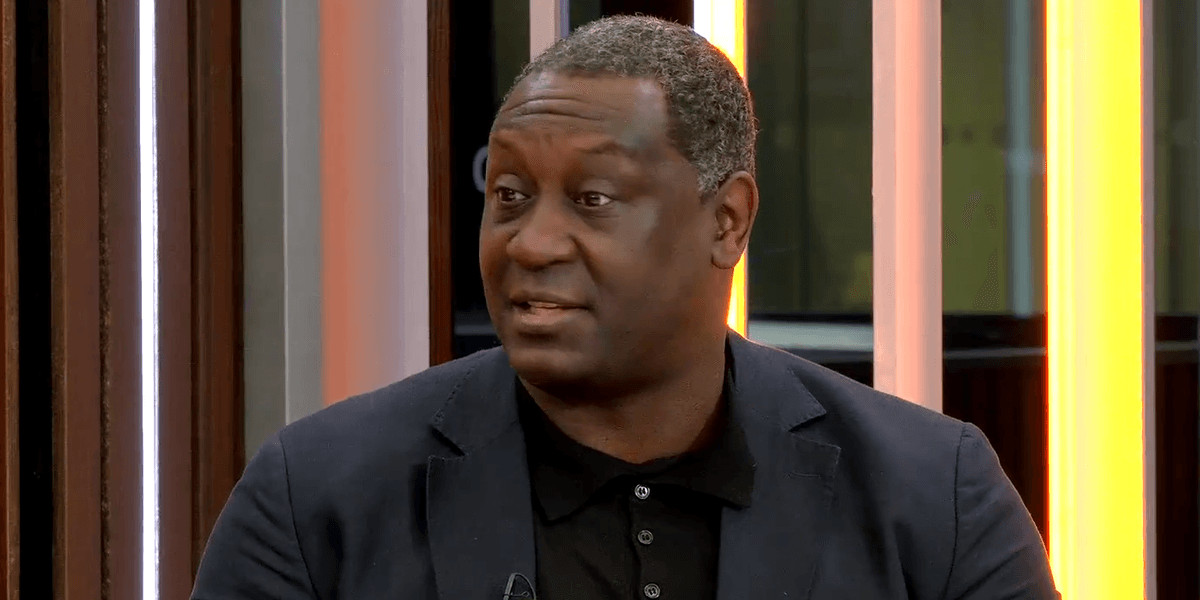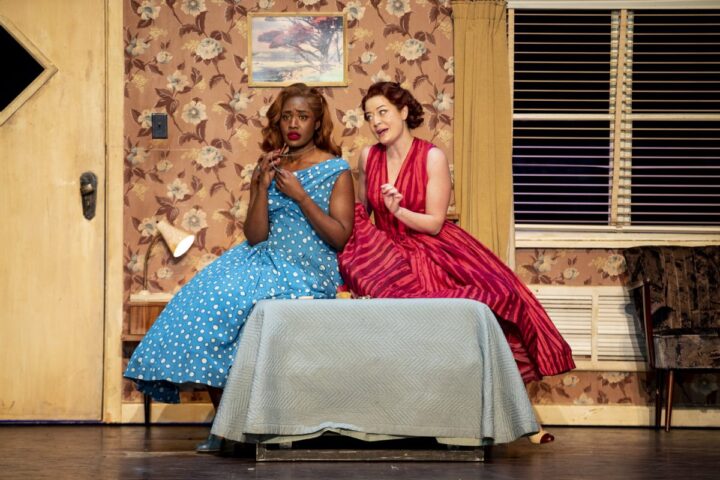Analysis: choosing ethical chocolate is a small but meaningful step toward a fairer and more sustainable cocoa industry
As soon as Christmas is wrapped up, the Easter bunny kicks Santa off the shelves and a new array of chocolate treats and Easter eggs take centrestage. With an ever-growing range of options, from healthier alternatives and artisan chocolates to sustainable brands, choosing just one is becoming a real challenge. In 2024, up to 60% of Irish consumers wanted more sustainable products, including chocolate, but only 30% of those consumers are willing to pay a higher price. But what exactly is sustainable chocolate, and is it really worth paying a little extra for a taste of conscience?
The dark side of chocolate
Many popular chocolate brands, such as Cadburys, Nestle, Mars and Ferrero, have been found to rely on unethical practices, including child labour, slave labour and unfair wages for farmers. Around 70% of the world’s cocoa comes from West Africa, with the Ivory Coast and Ghana producing about two-thirds of global supply.
Despite the chocolate industry being worth over $100 billion annually, cocoa farmers in these regions receive an estimated 6% to 11% of the profits. Many live on less than $1 a day, well below the poverty line. To survive, some farmers rely on child labour, with an estimated 1.56 million children working in cocoa production in Ghana and the Ivory Coast.
Who’s doing it better?
The good news is ethical and sustainable chocolate alternatives are becoming more accessible in Ireland. Brands are emerging that seek to challenge the status quo, offering chocolate that is not only delicious but also fairly sourced and environmentally responsible.
Tony’s Chocolonely is perhaps the most well-known ethical chocolate brand available in Ireland. Founded in 2005 by a Dutch journalist who exposed child labour in the cocoa industry, Tony’s makes slave-free chocolate its mission. The brand uses fully traceable supply chains and partners directly with cocoa co-operatives in Ghana and the Ivory Coast. Through its Child Labour Monitoring and Remediation System, Tony’s maps and analyses 98% of farmer households it works with, reducing child labour to just 4% within its long-term partner co-operatives, a significant drop from the industry average of nearly 47%.
But Tony’s isn’t the only brand doing good. The Rainforest Alliance and Fairtrade certifications are at the forefront of efforts to combat child labour in the cocoa industry while also addressing broader social, environmental, and economic challenges. The Rainforest Alliance promotes sustainable farming practices, protection of biodiversity, and responsible land use, creating conditions that reduce the economic desperation driving child labour on cocoa farms.
Meanwhile, Fairtrade works to secure fair wages and a living income for farmers, ensuring safer and more just working conditions that help lift communities out of poverty. In a recent initiative, Fairtrade announced targeted support for cocoa co-operatives in Côte d’Ivoire and Ghana to help them implement stronger systems to prevent and respond to child labour. Together, these certifications are designed to enhance transparency across the supply chain and foster a more ethical and resilient cocoa industry, paving the way for improved livelihoods for farmers and long-term sustainability.
Where to find ethical Easter eggs in Ireland
There’s a growing range of ‘ethical and sustainable’ branded chocolate products across both mainstream supermarkets and health food stores all over Ireland. Unfortunately, the certifications don’t always mean these brands are free from child labour, and some of them are under bigger companies who are a part of the problem – but putting a little effort into your choice is better than no effort!
More than just a sweet treat
In a world where every purchase has power, choosing ethical chocolate is a small but meaningful step toward a fairer and more sustainable cocoa industry. While no brand or certification is perfect, supporting companies that prioritise people and the planet helps push the industry in the right direction. This Easter, putting a little thought into your chocolate choices can go a long way for the farmers, the environment and your conscience.
